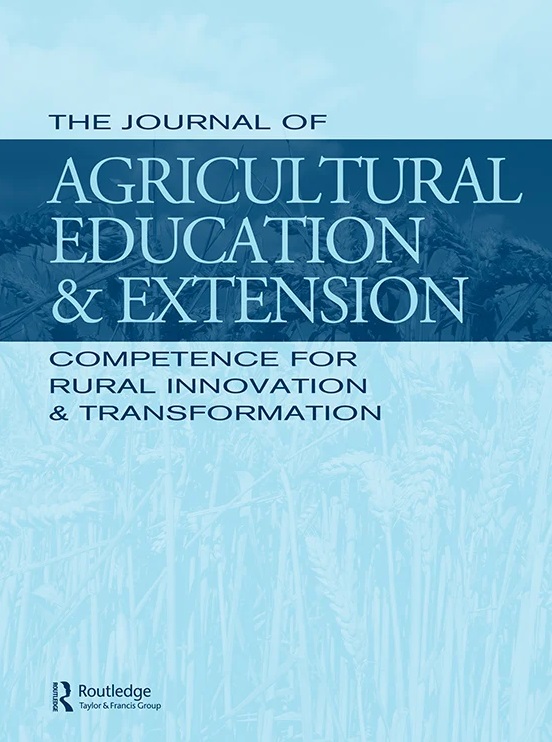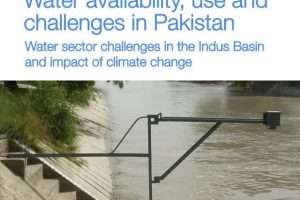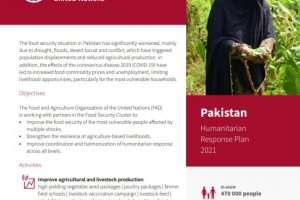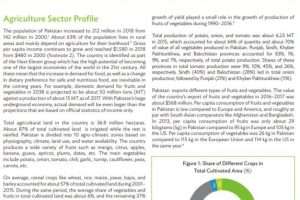Rural advisory services ensure agricultural information is disseminated to rural populations, yet they are less accessible to women. This research provides insight on gender differences in information access by investigating frequency of use and preference of agricultural information sources by gender in a rural setting, differentiated according to literacy and age.
Design/Methodology/approach: This study interviewed 401 male/female individuals in farm households in Jhang and Bahawalpur district of Punjab, Pakistan in 2016.
Findings: Men and women farmers’ use and preferences in accessing information sources are extremely different. Women hardly use sources for agricultural information, and value interpersonal communication from informal sources. In contrast, men use and value official agencies more. Radio, surprisingly, was very rarely used, contradicting previous findings of research elsewhere. Age and literacy affect differences between women more than it does between men, particularly for convenient locations to access information. Practical implications The study identified and refined major gender differences regarding use and preference for agricultural information in relation to age and literacy, and helps to articulate options to improve gender equality of access to agricultural information in Pakistan.
Theoretical implications: The focus and outcomes regarding gender intersecting with age and literacy in agricultural information access imply the need for more refined socio-economic models, discerning and interrelating gender and other social dimensions beyond the standard of male-headed households.
Originality/value: This paper adds to the growing body of evidence on information access according to gender, highlighting the need to investigate deeper socio-cultural issues around age and literacy.





Add Comment